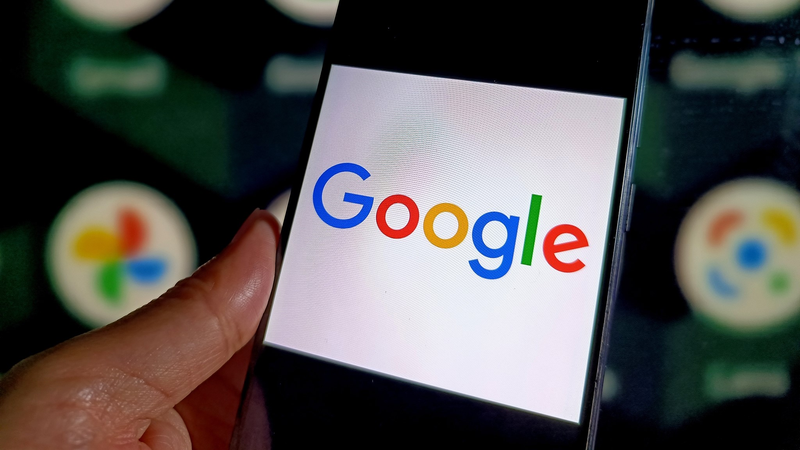In a landmark move signaling stronger accountability for Big Tech, Google has agreed to pay $1.4 billion to the state of Texas to settle allegations of unauthorized data collection.
The agreement, announced by Texas Attorney General Ken Paxton, addresses multiple claims from 2022 accusing Google of secretly tracking users’ locations, private searches and even biometric identifiers without explicit consent.
Key points of the settlement
- Settlement amount: $1.4 billion—the largest state-led data privacy payout to date.
- Allegations: Geolocation tracking, Incognito browsing breaches and biometric data collection, including voiceprints and facial geometry.
- Products cited: Services like Google Photos and Google Assistant were flagged for collecting millions of biometric identifiers.
Google spokesperson Jose Castaneda framed the deal as a resolution of "old claims," noting that many product policies have already been updated and that the settlement requires no further changes to current services.
Global implications
As digital nomads, entrepreneurs and everyday users share more personal data than ever, this case underscores a broader push for transparency and robust privacy controls in the tech world. It also sets a precedent for other U.S. states and international regulators watching how Big Tech is held accountable.
Looking ahead
Texas has not detailed how it will allocate the settlement funds, but the deal sends a clear message: user privacy is not up for negotiation. For global citizens navigating an increasingly data-driven world, the outcome highlights the importance of staying informed—and demanding control over how personal information is collected and used.
Reference(s):
Google to pay Texas $1.4 billion to settle data privacy claims
cgtn.com



